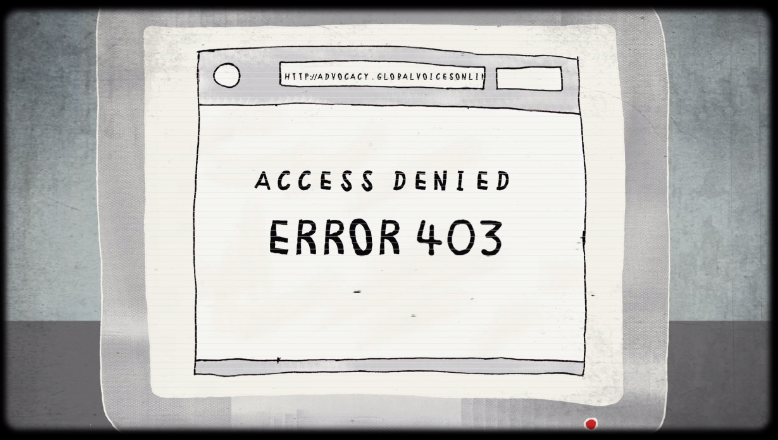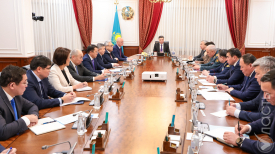Since the beginning of November, the website of the World Health Organization (WHO) has been inaccessible in Kazakhstan. It was blocked by a judge… at the Talgar district court, an administrative subdivision of the Almaty region for promoting suicides. Such are the consequences of the new law for children protection adopted in May.
When the government is unable to resolve socio-economic problems, it ends up sweeping reality under the rug by blocking it off.
What we feared has materialized. Now, it is easier to block access to web resources without a due process. The task is: Find and neutralize.
No-one would have known about this blocking of the WHO website, even the organization itself, had it not been for civil society. This is absurd, because according to the law a commission should have been created to study the matter and the WHO should have been notified that “publications banned in Kazakhstan” were found on its website. In addition, blocking should be done selectively, and should not affect the entire website.
The law, apparently, does not work in practice, and this instance showcases its imperfections. And it also demonstrates the authorities’ unhealthy love for blocking websites “in the interest of the state”. It is easier to pretend that nothing is happening, than to act in the interest of the citizens, if not just as a facade. It is easier to cut off internet access in the capital city for an hour during police detentions and later explain that it was just a case of “equipment failure”.
The authorities have failed to build a constructive dialogue with the people.
When society voices its positions and tries to defend its rights, the authorities seem to meet its requests halfway, but never get to the root of the problem. While the Ministry of Information and Social Development was deprived of the exclusive right to block web pages at its discretion, other government agencies can now file lawsuits in court. And court decisions always go one way, because they too work “in the interest of the state”, not society.
Social problems that spill over into strikes and protests cannot be blocked. Domestic violence against women, which can result in psychological trauma, injury or death, cannot be blocked. The bullying of children in schools, often leading to suicides, cannot be blocked. Annually, around 4,000 people commit suicide in Kazakhstan. The number remains essentially constant every year, which means that preventive measures are not working. Blocking two or three web pages is certainly not the solution.
Between blocking and resolving, the government always makes the wrong choice. Instead of solving an issue, the long-standing practice is to lie, to silence, and to deny reality.
Поддержите журналистику, которой доверяют.








